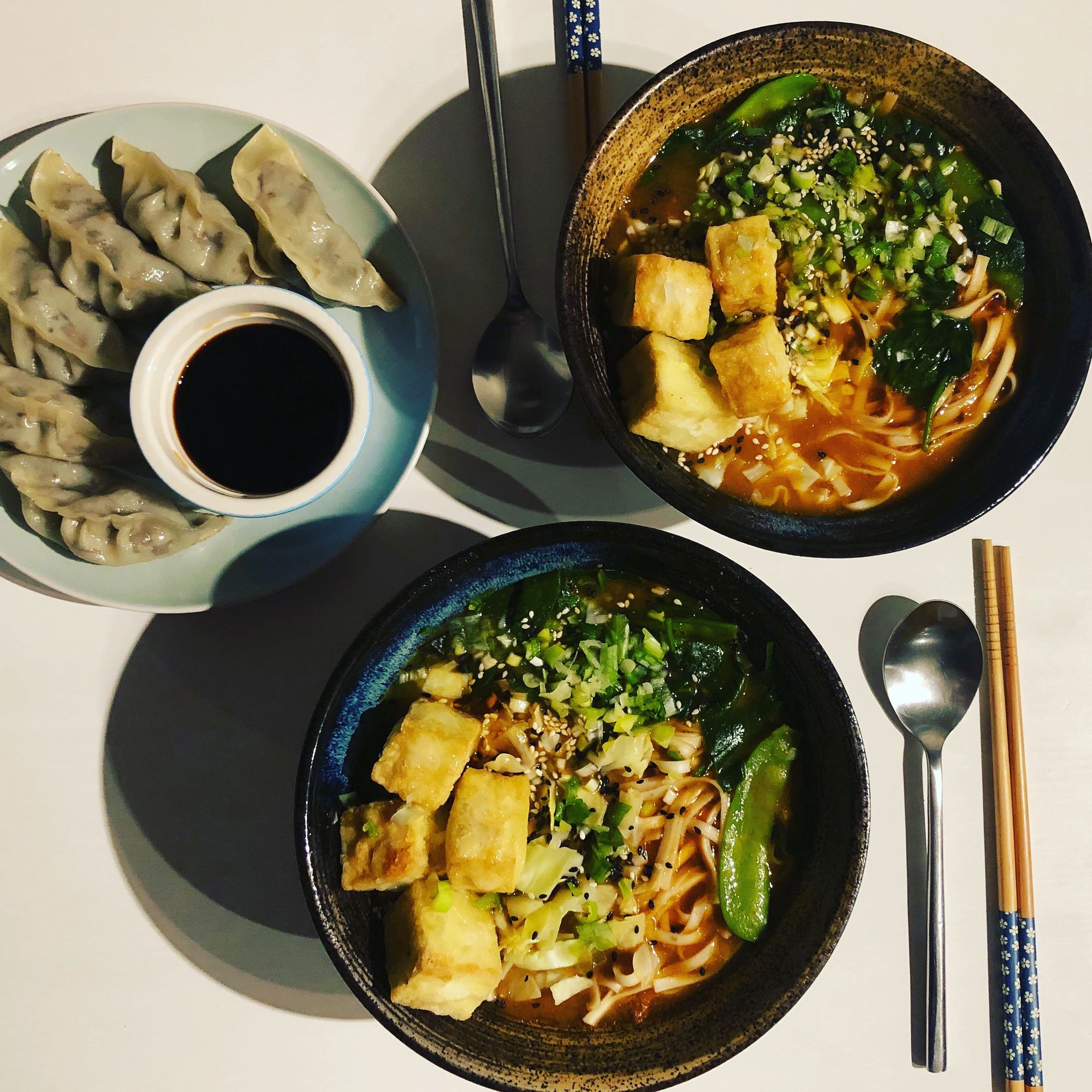Making shows, taking care
Devising online has made us all think more about how we care for the folk we're working with... here's some stuff we've learned.
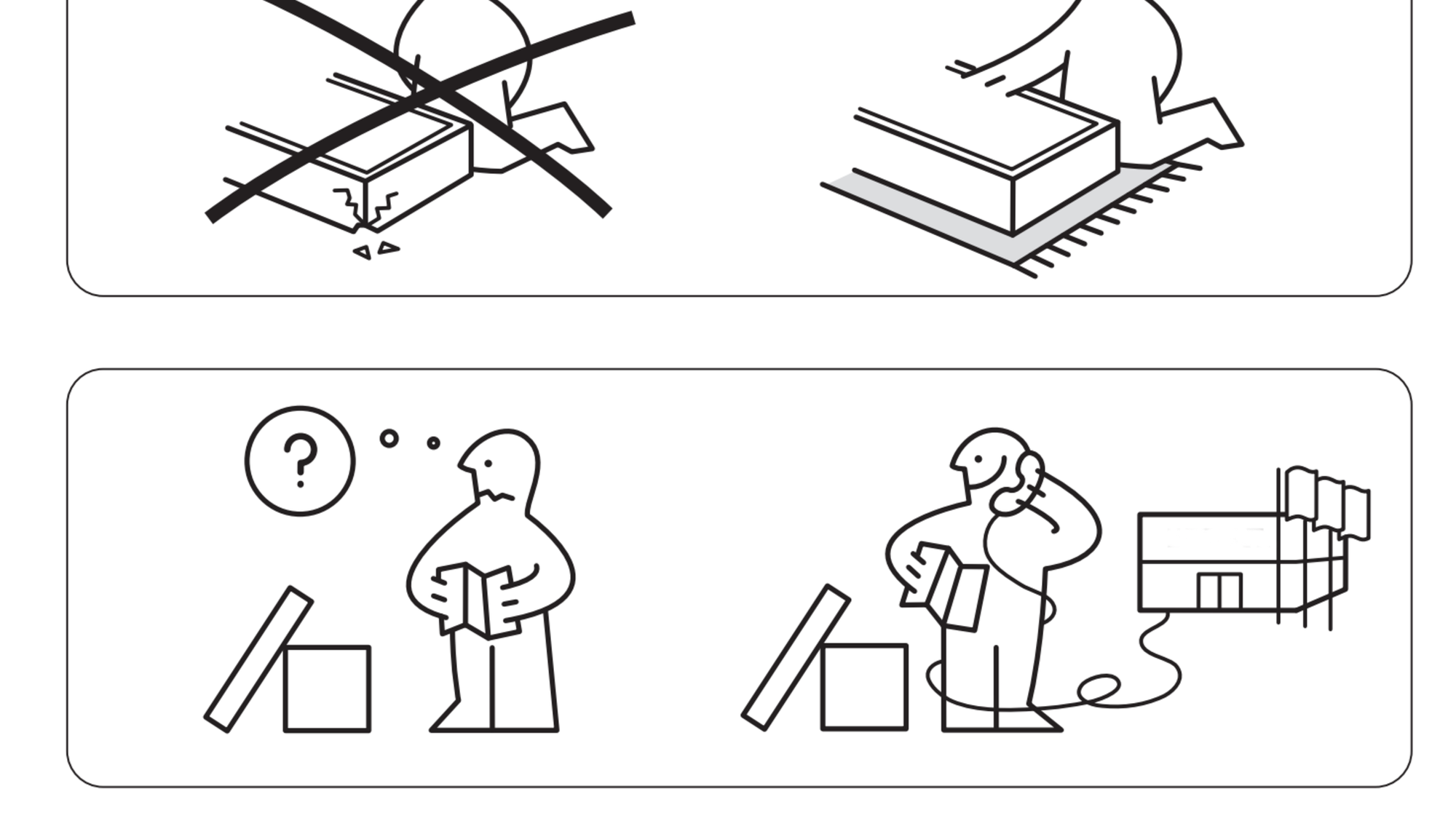
As we enter the second year of this horrible period, I’m really trying to find constructive things that we can take back when a form of normality resumes. So… in that spirit, I don’t think that devising online is massively different to sharing physical space - or to flip it on its head, we should be taking the care we do online when we’re back face-to-face.
I’ve been in lots of face-to-face devising rooms. In the best, (and I’m thinking of a course led by Lilo Baur where a group of awkward strangers spontaneously stormed the Bastille -a room down the corridor- with musical accompaniment, joy and a complete lack of self-consciousness an hour after meeting) it doesn’t feel like work. I guess that means everyone is in ‘flow’. In the less good rooms, groups of people have sat for extended periods of time gradually losing the will to live while some overconfident member of the company banged on and on and on about something tangentially related. In the really bad rooms, people have felt embarrassed by the process, frightened to get it wrong, or just totally, totally stuck, with a ‘sharing’ looming closer and closer.
We all have good days and bad days devising. At FF we have a moment on every process where we discover a massive hole in the structure and spend 4 hours trying to fix it before we realise it actually wasn’t a hole and we have over-complicated things, and then have to spend another 4 hours undoing our cack-handed attempts to fix the not-problem. So I write all this with humility, rather than pretending we have it all sorted. We have made 5 new projects in lockdown, 2 of which were what I’d call ‘devising’ and this is what we learned.
(All this comes with the caveat that we make work where devising is researching, coming up with ideas, writing and making media content, rather than contact improv or dance or something requiring physical contact.)
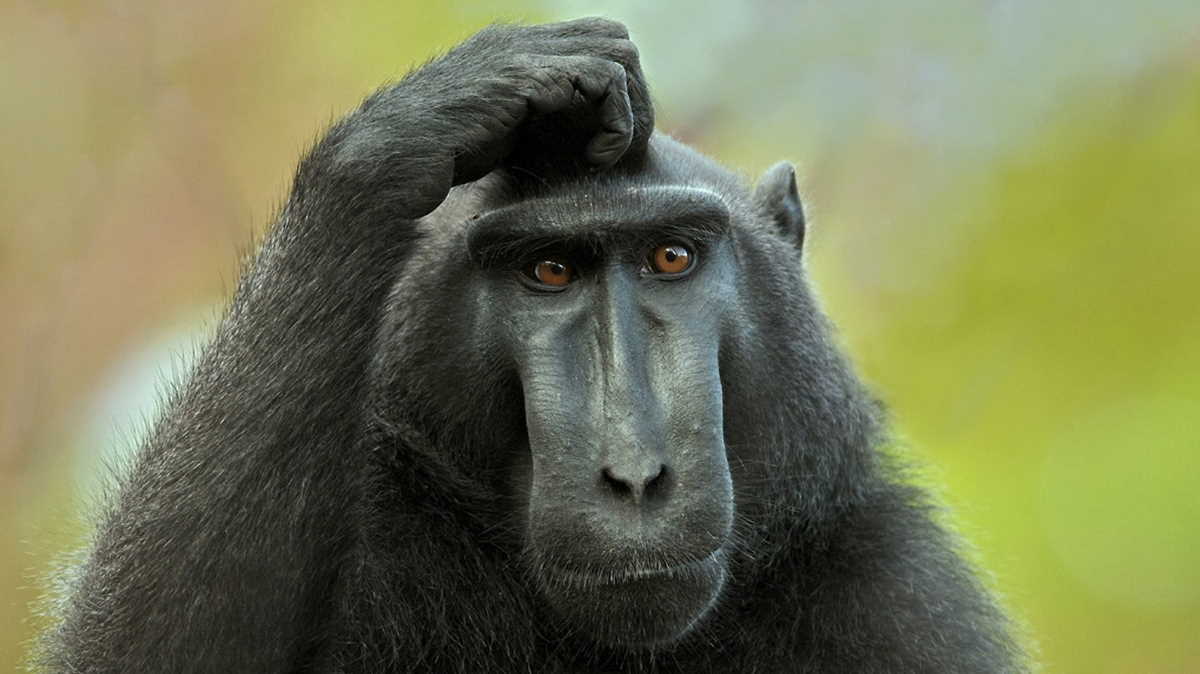
Do check-in/ check-out. At the start of every day (also in face-to-face settings), we take it in turns to say how we are - physically, mentally-emotionally, and about the work. And then we do it at the end of the session (usually that’s quicker). The rule is you take as long as you need and no one interrupts you, even to affirm positively. When you’re not in a physical space with someone you don’t have any of the body language signals you have face-to-face. You also don’t have the informal moments like waiting for the kettle to boil or walking to Tesco to buy lunch where you were probably doing a form of checking-in. So everyone being able to talk about where they are at is important. It sometimes isn’t easy. We went through a phase in lockdown 2 where we’d all coincided in hitting a low patch and we were all lying and being cheerful in our check-ins because no one wanted to bring the others down. Watch out for that - you don’t have to detail the misery you’re feeling or talk about anything you don’t feel comfortable sharing but you can try phrasings like ‘I’m not feeling good today but you can help me by being clear about what you need from me/ promising to tell me immediately if I annoy you/ being ok if I turn my screen off sometimes.’
Take a task-based approach to working, breaking things down into smaller elements. We always do this. Tasks that take between 20 and 40 minutes and often involve generating more than one option for the brief work well for us - you don’t have long enough to get obsessed with creating something perfect and the need for multiple options prevents you from getting too hung up on your first (and quite probably not best) idea. I’d credit a lot of this to Anne Bogart and her idea of ‘exquisite pressure’. Working online, we’ve made tasks shorter, with breaks in between them. We’ve also made the day together shorter (usually an intense half day), which means the person coming up with the tasks has the time to craft them in between group sessions. We often alternate working as a whole group and working in pairs or smaller groups on specific tasks and to encourage divergent thinking. And like always, we switch up the group sizes and combinations we work in, to prevent groupthink.
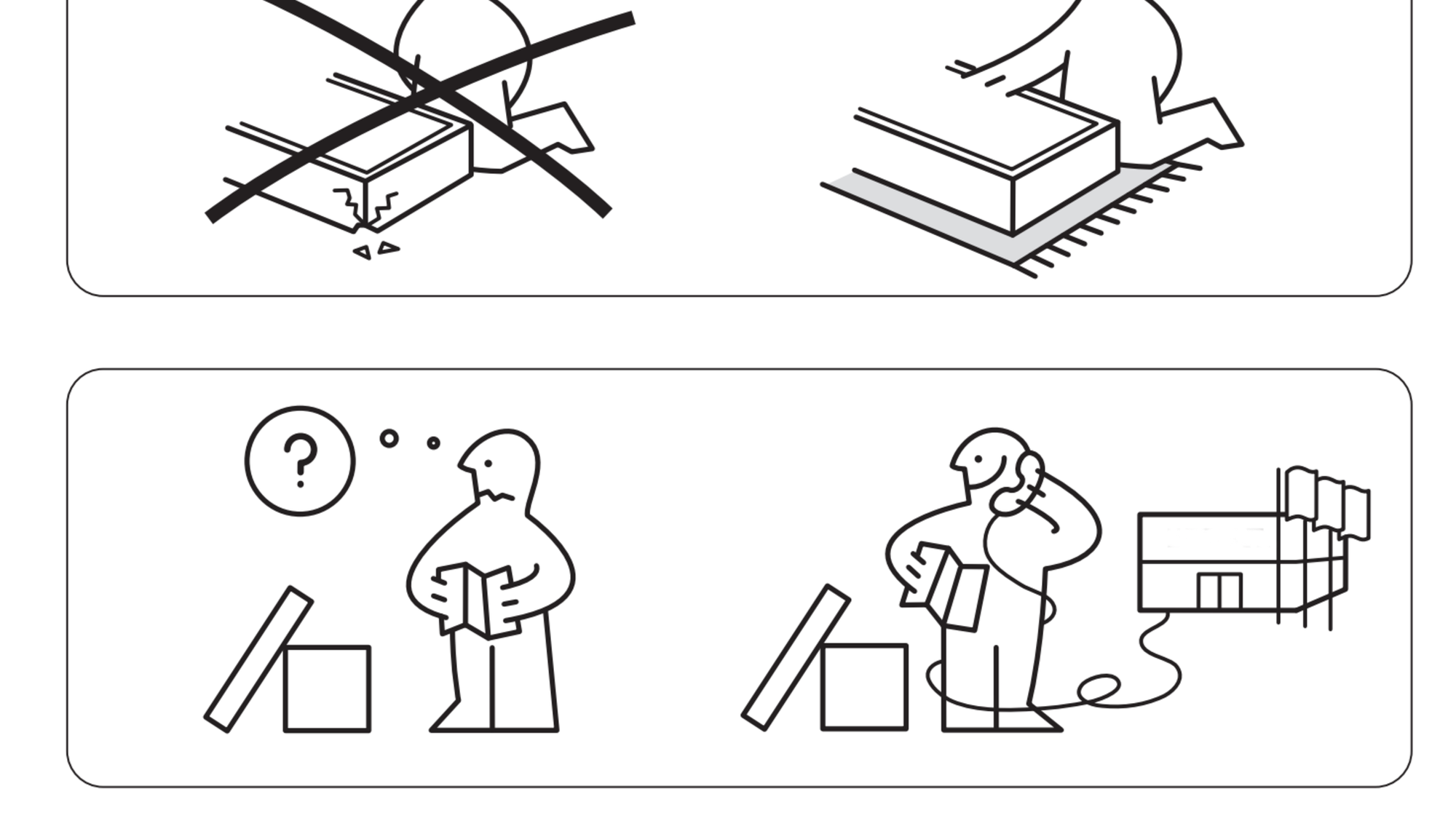
Know when you’re in create mode and when you’re in edit mode. The two are completely different things. If there’s three of you and two are trying to come up with all the low-level issues that could happen on a discount airline and one person is critiquing everything that comes up, everyone is going to end up feeling crap… and because it’s online, people are likely to get further into the feeling-like-crap before their collaborators pick up on that. Working online means you have to be a better communicator - and more explicit with your instructions. So be clear: example - the aim of the next fifteen minutes is to come up with a list of murder mystery tropes - don’t worry about if they’re good or interesting, we’ll figure that out next. Name stuff and be clearer than you think you need to be.
Get your systems sorted. How will you communicate? Where will people save stuff? Is there some central place anyone can look at at any moment and know where everyone is at? We use gather for video-time together, Google docs for idea-dumps, and Google-sheets for task-tracking… the joy of turning a cell with your name on it green! We use Slack for quick communication when we’re not on video-calls. Use whatever works for you and I would say, keep it as simple as possible. Agree how you’re going to use things so everyone feels comfortable - so within work hours we use Slack for quick questions and we expect quick answers, unless someone has set their status to away, in which case, we won’t expect a quick answer.
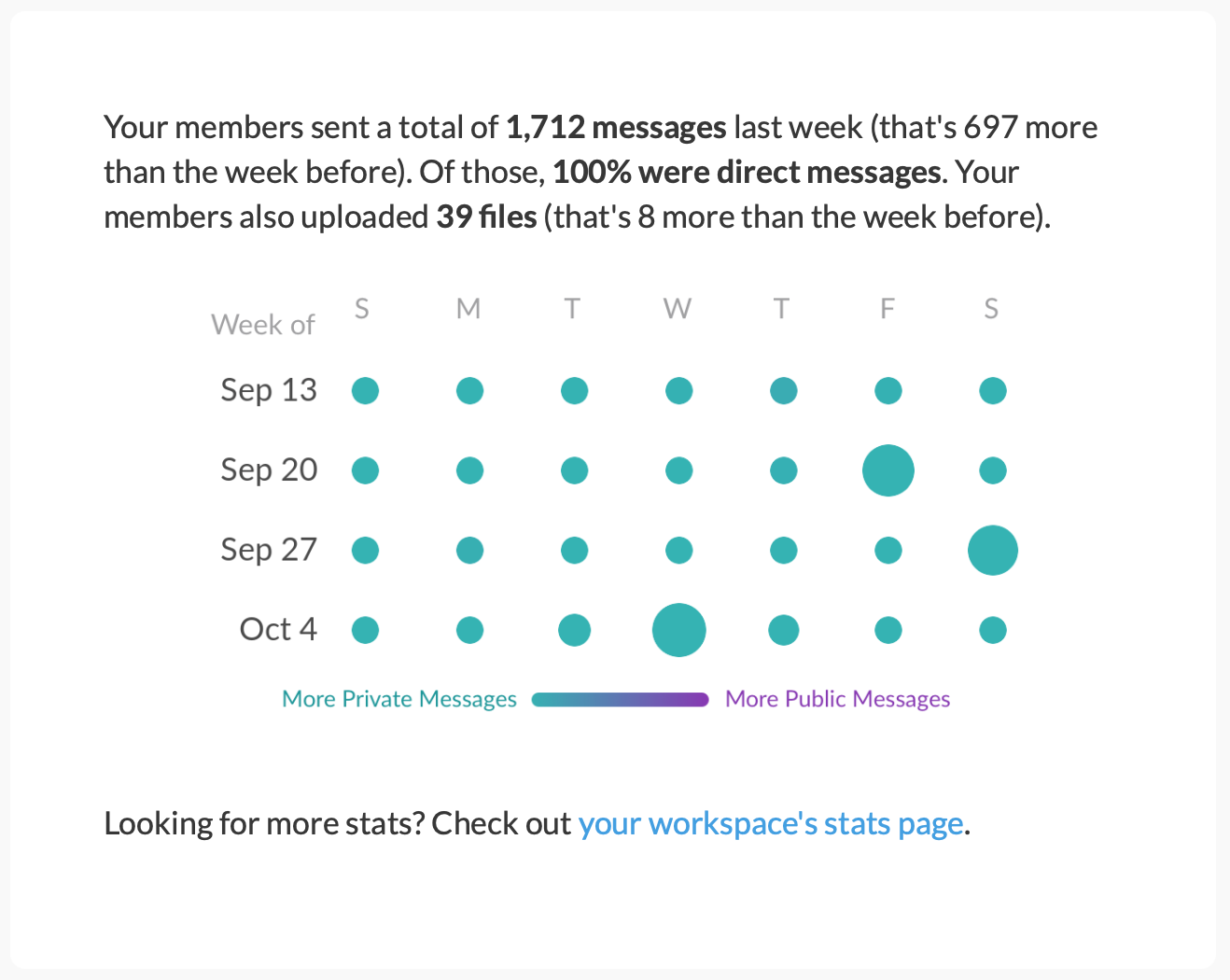
Do stuff which is not making the thing. Within your day. When we devised in physical space, often on residencies, everyone had ‘private time’ for an hour, during which they worked on a personal project tangentially related to the group project. It meant time away from the group, bring able to be creative more on your own terms, and a moment to stop hard focus on the group project… which often meant that people came back with renewed energy or solutions to problems. In an online world, we’ve found we need things to do together - so we’ve built in time within the R&D to experience related artworks together or (when making puzzle-games) have quick puzzle-breaks where we try to solve something. This builds a shared vocabulary, takes pressure off and means you have some fun… or gain huge respect for your colleagues who can do maths as they explain what seems like quantum physics to you. We also talk about food. A lot.
Do you really need to be together all day every day? We’ve found that within a week of R&D, we do video-contact time Mon, Weds and Fri - and have writing and video/ audio content creation tasks to get on with individually on Tues and Thurs. We still communicate on Slack but we’ve found that we work better if we can pour energy into video-contact time in the knowledge that for the whole of the next day we can work quietly through a list of tasks while enjoying Four Tet’s back catalogue. A lot of our team find human contact quite tiring (hello, fellow introverts) so we decided to acknowledge that and work with it. I think it also means you retain a variety of perspectives on the work rather than getting homogenised.
Hold onto the things you know work and put time into translating them online. You have loads of skills and tools. Some of them may not work immediately online, but put time into thinking how they, or their essence, could rather than throwing them out immediately. We used paper prototype testing early in the devising process for all of our projects - and suddenly weren’t able to do that because who can share paper these days. It took a while to figure out - and it takes much more prep than a f-2-f version - but there is a way to do it on Zoom. We think that time is worth it though, to retain the benefits of that stage of the development process.
On bad days, I think March 2020 - March 2021 has been a horrible, stressful, disappointing mess, which has exacerbated the inequalities that were already present in society. On other days, which I’m trying to have more of, I’d like to think that somehow we can come out of this as more caring people and better artists than we were in the beforetimes. Maybe the extra thought we’ve learned to put into how to guide a group of people through a process can help us get through the times which are to come.
And in the meantime, what’s everyone having for dinner tonight?
